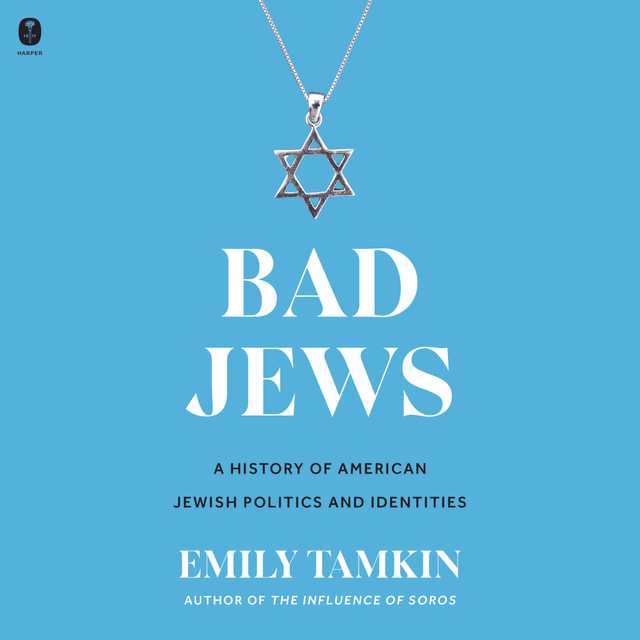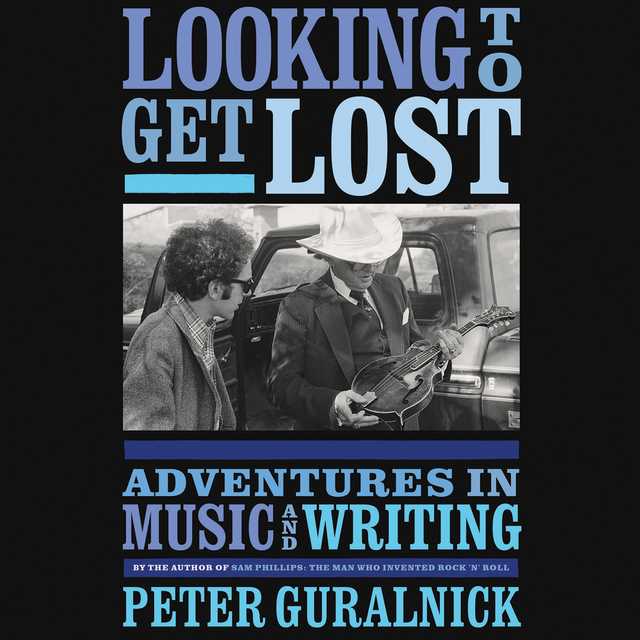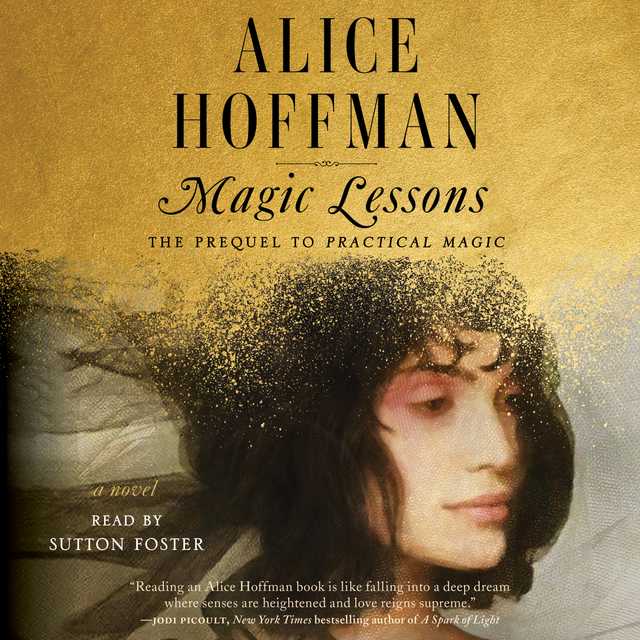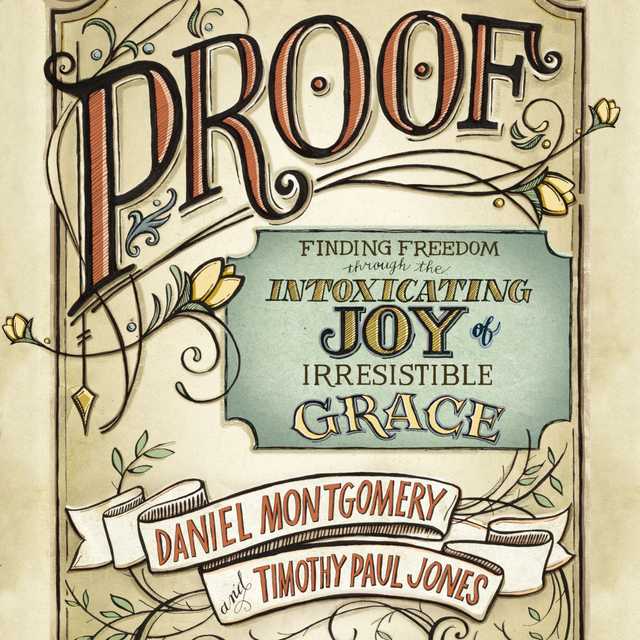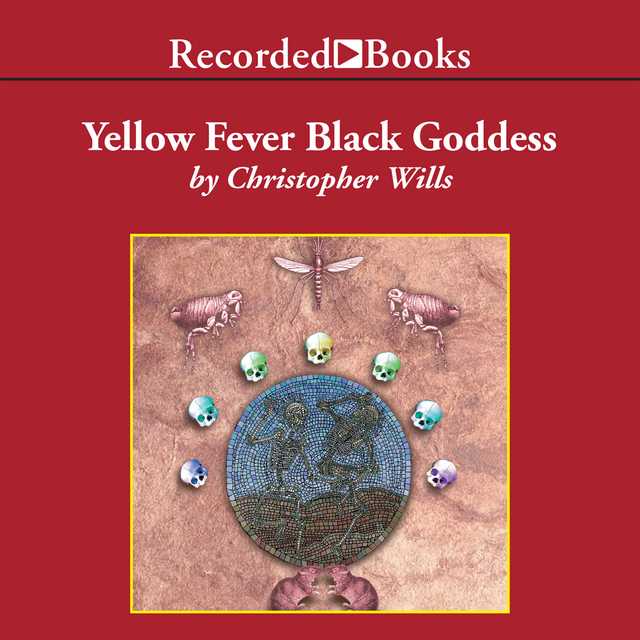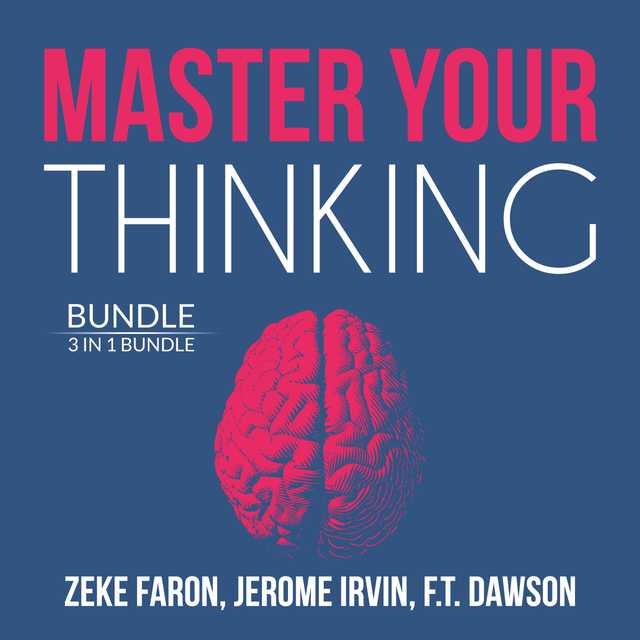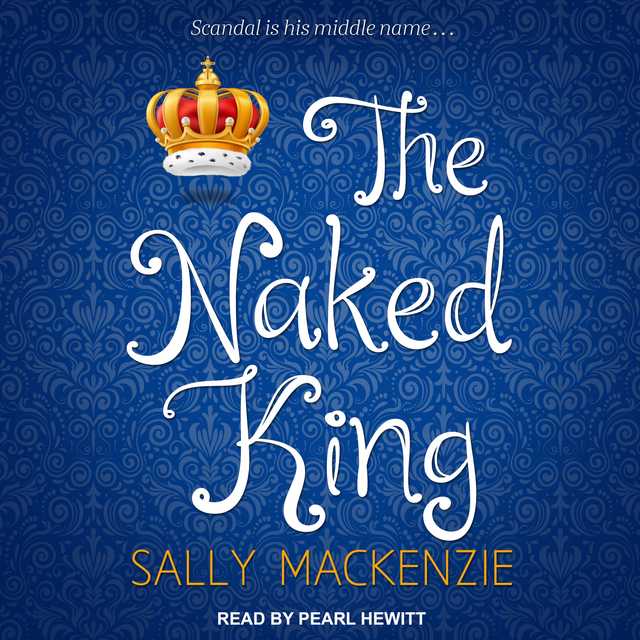Bad Jews Audiobook Summary
A journalist and author of The Influence of Soros examines the history of Jewish people in America and explores their ever-evolving relationship to the nation’s culture and identity–and each other.
What does it mean to be a Bad Jew?
Many Jews use the term “Bad Jew” as a weapon against other members of the community or even against themselves. You can be called a Bad Jew if you don’t keep kosher; if you only go to temple on Yom Kippur; if you don’t attend or send your children to Hebrew school; if you enjoy Christmas music; if your partner isn’t Jewish; if you don’t call your mother often enough. The list is endless.
In Bad Jews, Emily Tamkin argues that perhaps there is no answer to this timeless question at all. Throughout American history, Jewish identities have evolved and transformed in a variety of ways. The issue of what it means, or doesn’t, to be a Good Jew or a Bad Jew is particularly fraught at this moment, American Jews feel and fear antisemitism is on the rise. There are several million people who identify as American Jews–but that doesn’t mean they all identify with one another. American Jewish history is full of discussions and debates and hand wringing over who is Jewish, how to be Jewish, and what it means to be Jewish.
In Bad Jews, Emily Tamkin examines the last 100 years of American Jewish politics, culture, identities, and arguments. Drawing on over 150 interviews, she tracks the evolution of Jewishness throughout American history, and explores many of the evolving and conflicting Jewish positions on assimilation; race; Zionism and Israel; affluence and poverty, philanthropy, finance, politics; and social justice. From this complex and nuanced history, Tamkin pinpoints perhaps the one truth about American Jewish identity: It is always changing.
Supplemental enhancement PDF accompanies the audiobook.
Other Top Audiobooks
Bad Jews Audiobook Narrator
Kendra Hoffman is the narrator of Bad Jews audiobook that was written by Emily Tamkin
Emily Tamkin is a writer and reporter. Her work has appeared in the Columbia Journalism Review, the Economist, the New Republic, Politico, Slate, and the Washington Post, among other publications. She previously covered foreign affairs on staff at Foreign Policy and BuzzFeed News. She studied Russian literature and culture at Columbia University and Russian and East European studies at the University of Oxford. She researched Soviet dissidence in Moscow, Russia; Tbilisi, Georgia; and, on a Fulbright grant, in Bremen, Germany. She lives in Washington, D.C.
About the Author(s) of Bad Jews
Emily Tamkin is the author of Bad Jews
More From the Same
- Author : Emily Tamkin
- The Influence of Soros
- Publisher : HarperAudio
- Abraham
- American Gods [TV Tie-In]
- Dead Ringer
- House of Sand and Fog
- Prey
Bad Jews Full Details
| Narrator | Kendra Hoffman |
| Length | 10 hours 8 minutes |
| Author | Emily Tamkin |
| Category | |
| Publisher | HarperAudio |
| Release date | October 18, 2022 |
| ISBN | 9780063074040 |
Subjects
The publisher of the Bad Jews is HarperAudio. includes the following subjects: The BISAC Subject Code is Democracy, Political Ideologies, Political Science
Additional info
The publisher of the Bad Jews is HarperAudio. The imprint is HarperAudio. It is supplied by HarperAudio. The ISBN-13 is 9780063074040.
Global Availability
This book is only available in the United States.
Goodreads Reviews
Neil
June 20, 2022
I'm biased, but this is a smart, well-researched, engaging, funny, and heartfelt exploration of how Jewish Americans have figured out how to be Jewish and American.
Natalie
June 09, 2022
I found this book very timely in examining the meaning of being a Jew today. Talking examines Jewish identity and norms, especially during this time when a rising tide of Antisemitism is apparent both here in the USA and other parts of the world. There is also an emphasis on the relationship between Judaism’ and Zionism. This book pulls together the various strands of Jewis culture and identity. I think many book groups will enjoy reading and discussing this well-written book about an endlessly interesting subject. Thank you Netgalley for this interesting and readable book.
Emma
November 16, 2022
Bad Jews is a really lovely and thoughtful examination of American Jewish life in the 20th-21st centuries. As a non Jewish person, I can say I learned quite a lot from it and feel like it almost certainly occupies both an important educational space and a thought-provoking space within the community. Emily's observations on Jewish life and the myriad ways people in America live it are funny, engaging, and heartfelt.
Shane
May 20, 2022
Perhaps the best recent book on Jewish history and what a an American Jewish future could look like. Highest recommendation.
Matthew
January 01, 2023
A fascinating tour through 20th-century American Jewish identity, with the running theme of Jews judging each other—by ever-shifting criteria—to be good or bad. Tamkin's implied suggestion throughout is that the question is silly, for a simple reason: Jewishness can be religious, ethnic, and/or cultural, and nearly every criterion (do "good Jews" support a far-right Israeli government? closely observe every commandment?) is arguable at best, tendentious at worst. Anyone (except Donald Trump or Rudy Giuliani!) can call anyone else a bad Jew, with some reasoning behind it.Bad Jews is also a discomfiting read. Tamkin refuses to allow any reader more than a moment's comfort in their identity before unsettling it. Feel as though you can claim the moral high ground based on a history of Jewish persecution, support for civil rights, and progressive voting record? Sure, so long as you accept that a solid minority of Jews owned slaves, fought against racial equality, and voted for Trump. There's often ugliness just beneath the surface: For instance, for decades, Ashkenazi Jews fought to claim the privileges of whiteness—we're just like you!—at the expense of discriminating against Sephardic Jews and Jews of color. Much of what Tamkin pokes at is grounded in the fundamental contradiction of American Jews: our demand to be treated as generic Americans, taking offense at being singled out, except when we are the ones doing the singling out. We want to be exceptional . . . but only on our terms.It's a lot to think about, however uncomfortable, and any American Jew will find themselves considering and learning a great deal that's directly relevant to their life. As for who's a bad Jew . . . well, I'd feel few qualms about labeling white nationalist Stephen Miller a bad Jew, and he'd probably say the same about me, so ¯\_(ツ)_/¯
Diana Lazar
November 02, 2022
Bad Jews: A History of American Jewish Politics and Identity Bad Jews is not just a catchphrase but words that are said to and from Jews every day. I found this book both infinitive and profound. There was not a chapter or story in the book that I could not relate to.Growing up in the suburbs in the early 70' in middle school I had coins roiled rolled down the floor of the classroom with someone saying here Jew you are going to need this. The teacher laughed. I went home and asked my parents what this meant.My mothers family was part Sabra, they came over from Palestine after the Turkish invasion before World War 1. She had very dark skin and whenever she left their Jewish neighborhood in New York in the 1920-1040's would have to sit in the back of the bus. But even in there Jewish community they were treated differently.There where many more of these types of memories that helped make this a memorable book. But the question of who is a Bad Jew comes bown I think to the same thing I thought before I read the book, its those who make fun of the person who looks different or believes different than themselves.
Ethan
December 26, 2022
I love this book for how well it pushes back on the idea of Jews as any sort of monolithic community. Nothing necessarily earth shattering or new, but it gives a broad, eminently readable if not a bit shallow overview of the evolving history of Jewish American identities. Well worth reading just for that history, but especially if you ever catch yourself thinking of "Jews" as any one particular identity. Couple of the threads in this book I'd love to pull on more are the feminist critiques of handwringing over the loss of Jewish culture as well as the general conservatism and disconnectedness of mainstream Jewish institutions that purport to represent "the Jewish community." Not really the purpose of this book, but these were recurring themes that seemed to plant the seed for a later discussion.
Joe
November 02, 2022
I became interested in my Jewish heritage later in life, connecting mostly through ancestral research, travel, and family stories, and like Tamkin, learning a bissel Yiddish. Reading "Bad Jews" was oddly comforting in the sense that it reassured me that these debates about what it means to be Jewish have been going on since Jews have existed––and not everyone is going to be thrilled with the kind of Jew you are. "Bad Jews" is a well-written, compelling, and engaging narrative that tells the story of American Jewry in all of its complexities. I still have questions, but I finished the book with a better understanding of my ancestors' experiences in adjusting to life in the United States. And that in and of itself is a rewarding feeling.
Lisa
January 18, 2023
Bad Jews provides a historical and sociological overview of successive waves of Jewish immigration to the US and describes different Jewish religious, political and cultural perspectives through a number of interviews. The book presents many of the contested issues within American Jewish identities, such as Zionism, inter-marriage, activism, and religiosity, in an engaging and accessible way. I think Bad Jews also provides a useful template for thinking about the complexities of group identity generally. It would be interesting to see the author’s analytical style and “excavation of identities” applied to other ethnic, cultural or political groups in the United States.
Stephanie
February 08, 2023
As someone who’s not Jewish themselves, I found this book extremely informative and really interesting. Tamkin’s willingness to examine the beliefs of the American Jewish people she interviewed for this book in an open and curious way makes for a wonderful variety of perspectives and she interweaves those lived experiences with interesting and thorough research. I especially appreciated the way she took a nonjudgmental stance toward the variety of beliefs encountered among American Jewish people, while also grappling with the challenge of recognizing that some of those beliefs are what, in the minds of others, might make her the titular “bad Jew.”
Marisa
July 27, 2022
Bad Jew is a trenchant analysis of Jewish identity and what it has meant throughout history. It challenges, questions, and brings much nuance to the question of what makes someone truly Jewish. I especially appreciated the author's own vulnerability in sharing about her relationship to her Jewish identity. It is astoundingly researched, beautifully written, incisively analyzed profound and complex book.
Marge
October 31, 2022
A fascinating and very though provoking look at the history of Jewish people in America and explores their ever-evolving relationship to the nation's culture and identity--and each other. There were so many engaging chapters that made me stop and think about what was saying every sentence or so. Although there were 2 or 3 sections that were not as interesting as others, I kept trying to see where my thoughts fell in the pros and cons of each idea. A real winner.
Edward
December 24, 2022
An informative, nuanced, and touching tour through what it means to be a Jew in the United States. Although Tamkin's personal conception of Jewish-ness comes through clear as a bell, she approaches Jews from all different backgrounds with exceptional empathy. An excellent read!
Harreads
November 16, 2022
Frustratingly muddy and centrist at times, but in a way I suppose is appropriate for a book whose thesis is "Jewish America is not and cannot be a monolith"
Jodie
October 27, 2022
I ended up enjoying this book more than I thought I might. Her research is comprehensive and her writing is fluent I recommend it.
Most Popular Audiobooks
Frequently asked questions
Listening to audiobooks not only easy, it is also very convenient. You can listen to audiobooks on almost every device. From your laptop to your smart phone or even a smart speaker like Apple HomePod or even Alexa. Here’s how you can get started listening to audiobooks.
- 1. Download your favorite audiobook app such as Speechify.
- 2. Sign up for an account.
- 3. Browse the library for the best audiobooks and select the first one for free
- 4. Download the audiobook file to your device
- 5. Open the Speechify audiobook app and select the audiobook you want to listen to.
- 6. Adjust the playback speed and other settings to your preference.
- 7. Press play and enjoy!
While you can listen to the bestsellers on almost any device, and preferences may vary, generally smart phones are offer the most convenience factor. You could be working out, grocery shopping, or even watching your dog in the dog park on a Saturday morning.
However, most audiobook apps work across multiple devices so you can pick up that riveting new Stephen King book you started at the dog park, back on your laptop when you get back home.
Speechify is one of the best apps for audiobooks. The pricing structure is the most competitive in the market and the app is easy to use. It features the best sellers and award winning authors. Listen to your favorite books or discover new ones and listen to real voice actors read to you. Getting started is easy, the first book is free.
Research showcasing the brain health benefits of reading on a regular basis is wide-ranging and undeniable. However, research comparing the benefits of reading vs listening is much more sparse. According to professor of psychology and author Dr. Kristen Willeumier, though, there is good reason to believe that the reading experience provided by audiobooks offers many of the same brain benefits as reading a physical book.
Audiobooks are recordings of books that are read aloud by a professional voice actor. The recordings are typically available for purchase and download in digital formats such as MP3, WMA, or AAC. They can also be streamed from online services like Speechify, Audible, AppleBooks, or Spotify.
You simply download the app onto your smart phone, create your account, and in Speechify, you can choose your first book, from our vast library of best-sellers and classics, to read for free.
Audiobooks, like real books can add up over time. Here’s where you can listen to audiobooks for free. Speechify let’s you read your first best seller for free. Apart from that, we have a vast selection of free audiobooks that you can enjoy. Get the same rich experience no matter if the book was free or not.
It depends. Yes, there are free audiobooks and paid audiobooks. Speechify offers a blend of both!
It varies. The easiest way depends on a few things. The app and service you use, which device, and platform. Speechify is the easiest way to listen to audiobooks. Downloading the app is quick. It is not a large app and does not eat up space on your iPhone or Android device.
Listening to audiobooks on your smart phone, with Speechify, is the easiest way to listen to audiobooks.

